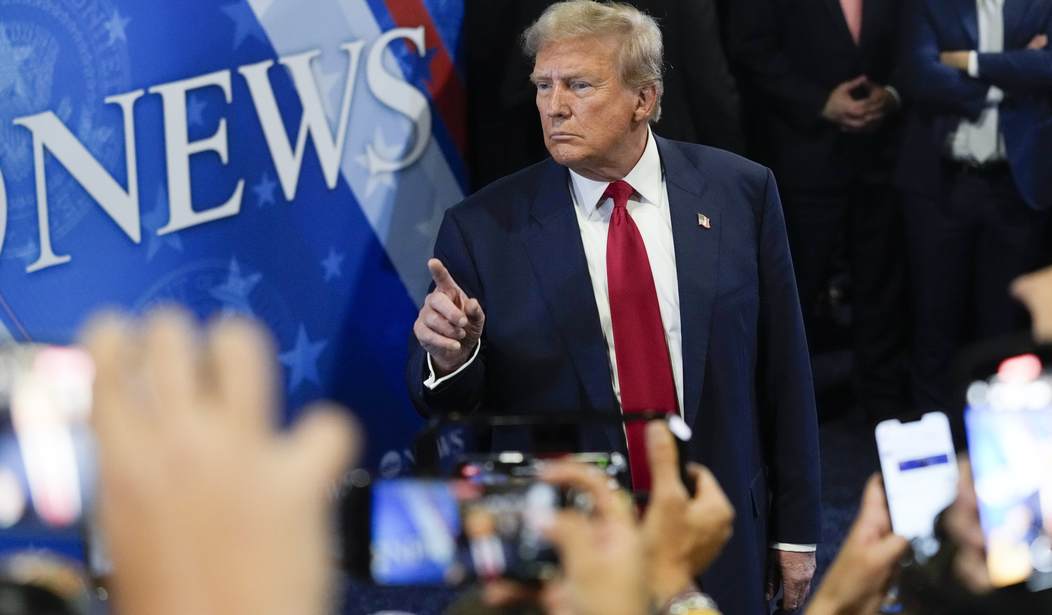The fact that the terms “misinformation,” “disinformation,” and “conspiracy theory” figure as prominently as they do in contemporary American political discourse—and within that context alone—indicates, at the very least, that they are of political value.
“Misinformation”: This refers to content that happens to be false but which is not understood to be untrue. The purveyors of misinformation do not intend to deceive.
If there is something especially noxious about this, and if those who espouse misinformation deserve to be morally condemned, then we all deserve such condemnation, for we have all been wrong about all sorts of things throughout our lives. This is the case for all individual human beings and every human society that has ever existed. If humans weren’t finite, if we had God’s omniscience, “misinformation” would never arise because we would never make mistakes.
But given the inherent limitations of the human condition, we learn by learning from our mistakes, i.e., by realizing, after the fact, in any number of ways, that what we had previously accepted as accurate was actually “misinformation.” Outside of our contemporary political universe, this process, far from being condemned, was recognized universally as the maturation process. The world’s great historical wisdom traditions have realized it for the movement from ignorance to enlightenment.
“Disinformation:” This is content that is meant to be false. In accusing someone—always one’s opponents, for the accusers never point their fingers at themselves—of promoting “disinformation,” one accuses the charged of lying. Since it’s a virtual truism, as American as the proverbial apple pie, that politicians (and their surrogates) lie, it’s practically redundant to charge politicians and partisans with being liars. Some may be more brazen liars than others, and some may resort to it with greater frequency than others, but that politicians and their apologists (in the media and elsewhere) routinely manipulate and propagate on behalf of their partisan interests is denied by no one.
Recommended
This being said, it’s arbitrary to advocate for chastising, to say nothing of suppressing, some for spreading “disinformation” while turning a blind eye to others who are at least as guilty, if not more so, for disseminating the same. Indeed, it’s partisan to do so, as only those who ever share the partisan agenda of the “disinformation” watchers, the self-styled “fact-checkers,” receive this pass.
“Conspiracy theory”: Presumably, this theory seeks to attribute conscious design to a better situation, more simply, explained by way of appeal to circumstances that just happened to coincide. To put it another way, the “conspiracy theorist” goes wrong insofar as he mistakes the logic or order of a situation for the machinations, the dubious, if not sinister, machinations, of people behind the scenes.
This is a guess, of course, as no one, of whom I’m aware, has as of yet offered anything in the way of a reasonably coherent account, or any kind of account whatsoever, as to the criteria that differentiate, on the one hand, a theory that is simply false, or at least unproven to be true, from one, on the other hand, that is a “conspiracy theory.” In other words, no one, least of all those who are forever charging their opponents with peddling “conspiracy theories,” has told us exactly what makes a theory a conspiracy theory.
Can a conspiracy theory be true? If not, why not?
Take, for example, how theories regarding the outcomes of the 2016 and 2020 presidential elections are depicted in the mainstream media.
Upon Donald Trump’s victory over Hillary Clinton in the 2016 Presidential election, the defeated Democratic candidate subsequently remarked that her rival was an “illegitimate President.” She said that Trump “understands that the many varying tactics they [his campaign] used, from voter suppression and voter purging to hacking to the false stories—he knows that—there were just a bunch of reasons why the election turned out like it did.”
She added: “And so I know he knows this wasn’t on the level. I don’t know that we’ll ever know what happened.”
Former President Jimmy Carter explicitly said that Trump’s presidency was illegitimate because Trump would not have won the presidency had it not been for…“the Russians.”
This theory, one that resulted in the American taxpayer being forced to foot a $32 million investigation into the question of “Russian interference” in the 2016 election, is, allegedly, not a “conspiracy theory.” But the theory that the 2020 election “wasn’t on the level,” to use Hillary Clinton’s description of 2016, that Joe Biden did not win legitimately, that there was election fraud, somehow is a “conspiracy theory.”
Why?
In summary, once we think just a bit about the terms “misinformation,” “disinformation,” and “conspiracy theory,” think about the contexts within which they’re used and the circumstances of those who are most prone to employing them, it should be clear that they are, not literally meaningless, but rhetorical weapons designed to advance partisan interests and demonize rival partisans against whom they’re wielded.
























Join the conversation as a VIP Member